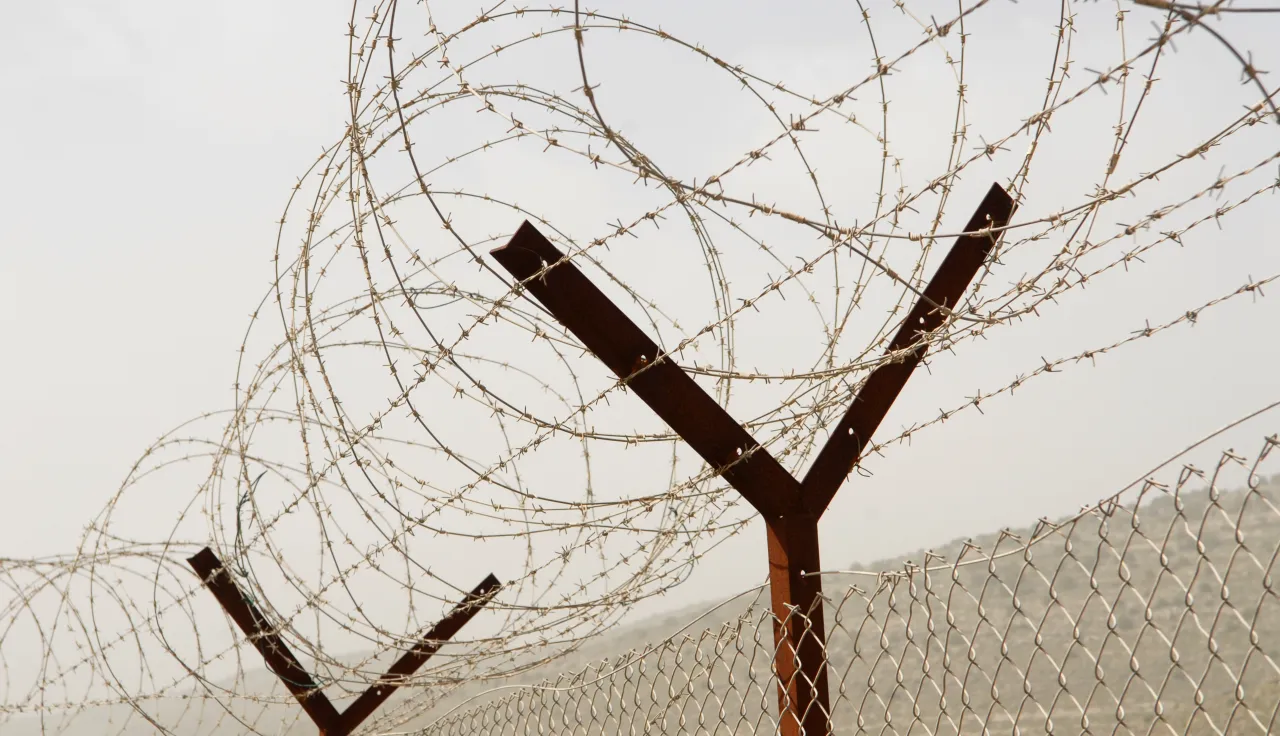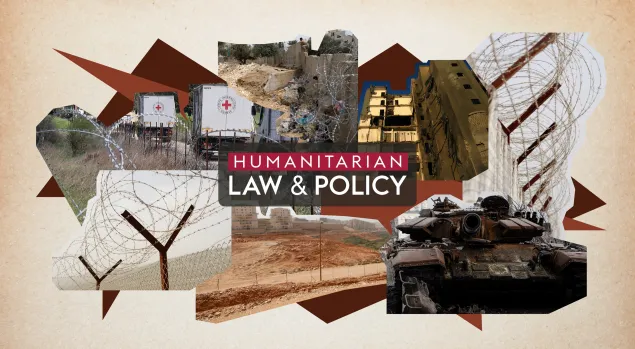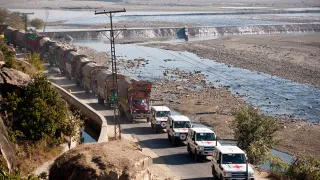Contemporary challenges to international humanitarian law – Occupation
Under international humanitarian law (IHL), there is occupation when a state exercises an unconsented-to effective control over a territory to which it has no sovereign title. Article 42 of The Hague Regulations of 1907 defines occupation as follows: "Territory is considered occupied when it is actually placed under the authority of the hostile army. The occupation extends only to the territory where such authority has been established and can be exercised."
Occupation law – as a branch of IHL – regulates the partial or total occupation of a territory by a hostile army. Provisions regulating occupation can be found in The Hague Regulations of 1907, the Fourth Geneva Convention and Protocol I additional to the Geneva Conventions.
Under occupation law, the occupying power does not acquire sovereignty over the occupied territory and is required to respect the existing laws and institutions of the occupied territory as far as possible. It is presumed that occupation will be temporary and that the occupying power shall preserve the status quo ante in the occupied territory.
In general terms, occupation law endeavours to strike a balance between the security needs of the occupying power on the one hand and the interests of the ousted power and the local population on the other. It aims to ensure the protection and welfare of the civilians living in occupied territories. The occupying power's responsibilities include inter alia the obligation to ensure humane treatment of the local population and to meet their needs, the respect of private properties, management of public properties, the functioning of educational establishments, ensuring the existence and functioning of medical services, allowing relief operations to take place as well as allowing impartial humanitarian organizations such as the ICRC to carry out their activities. In return, and in order to fulfil those important responsibilities while ensuring its own security, the occupying power is granted important rights and powers, which may also take the form of measures of constraint over the local population when necessity so requires.







